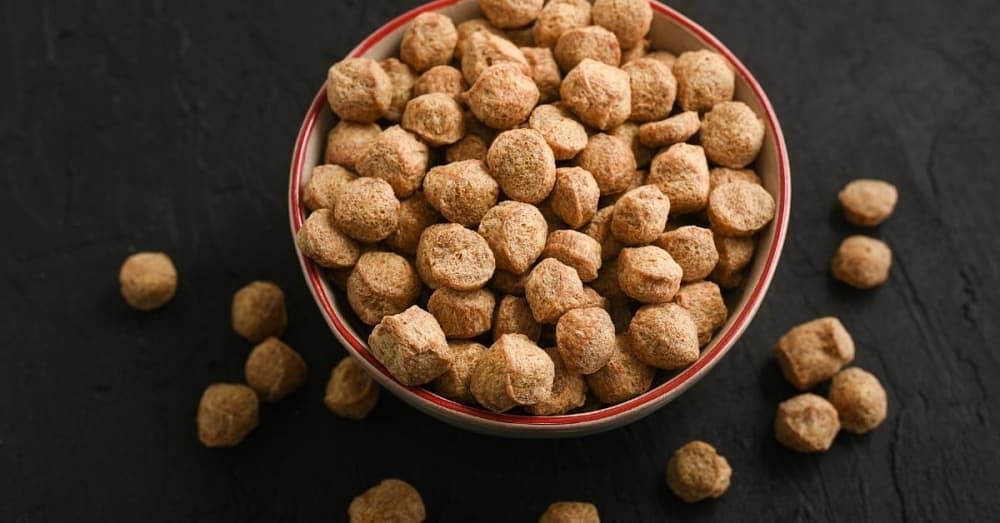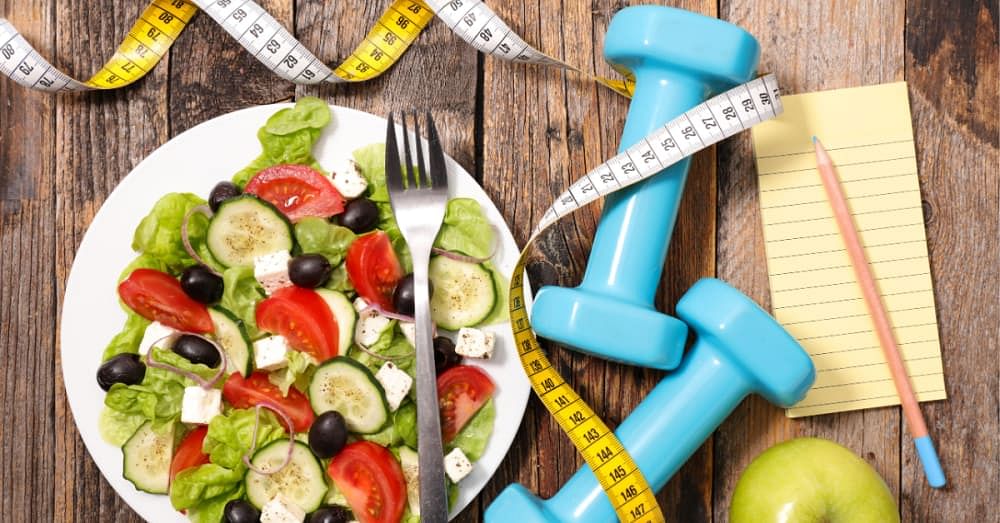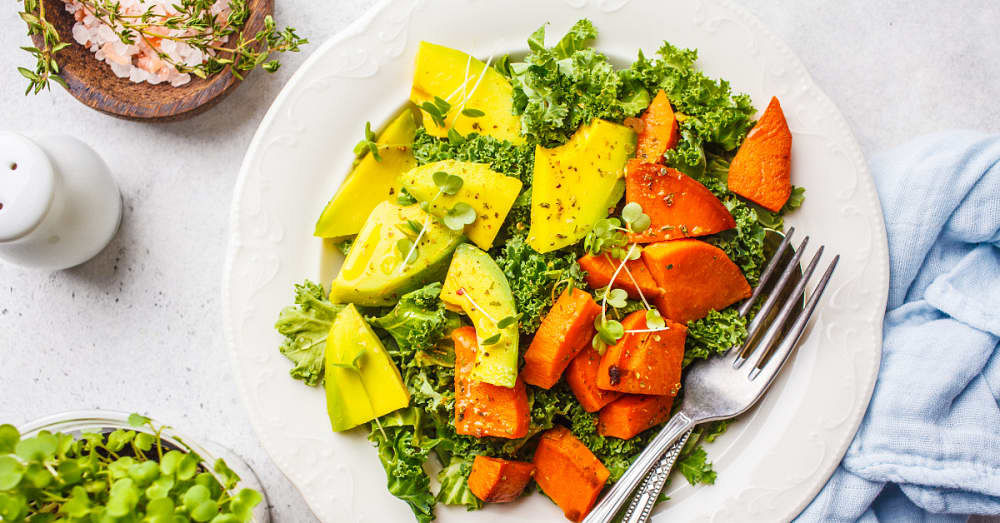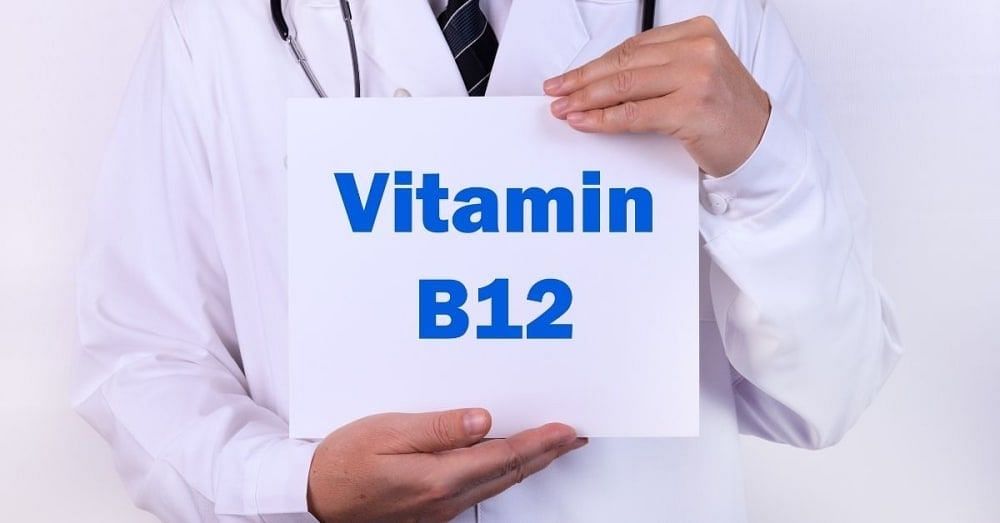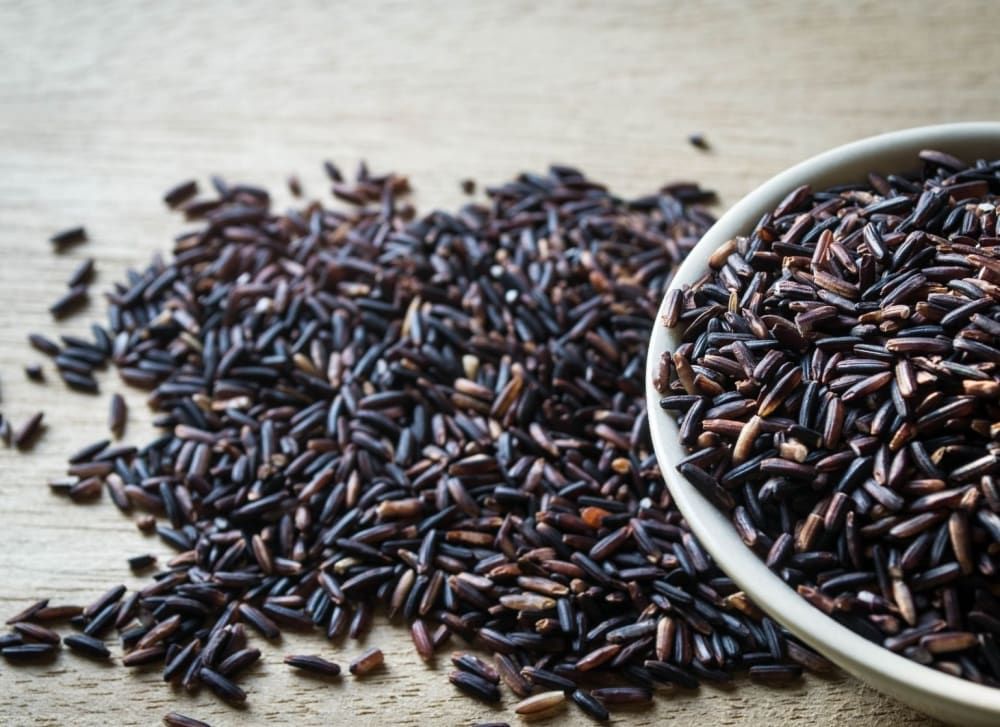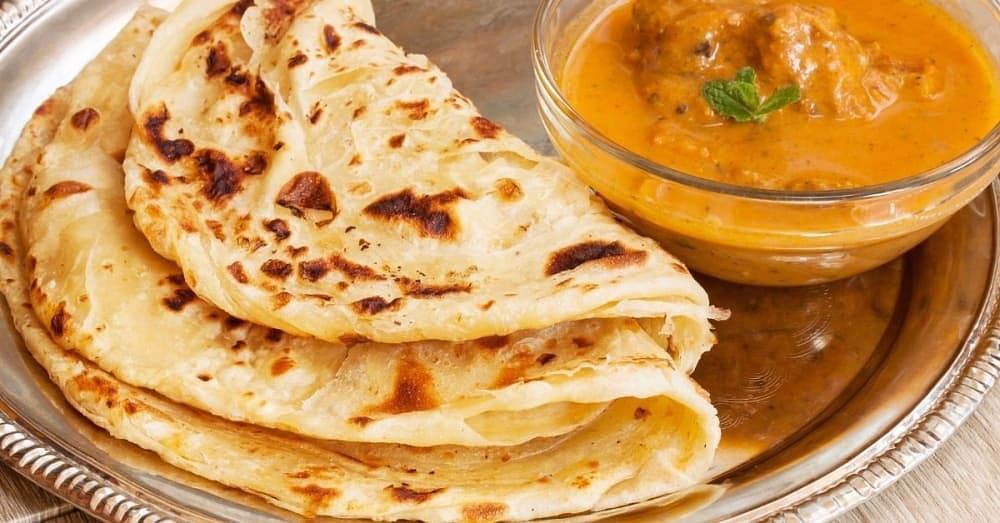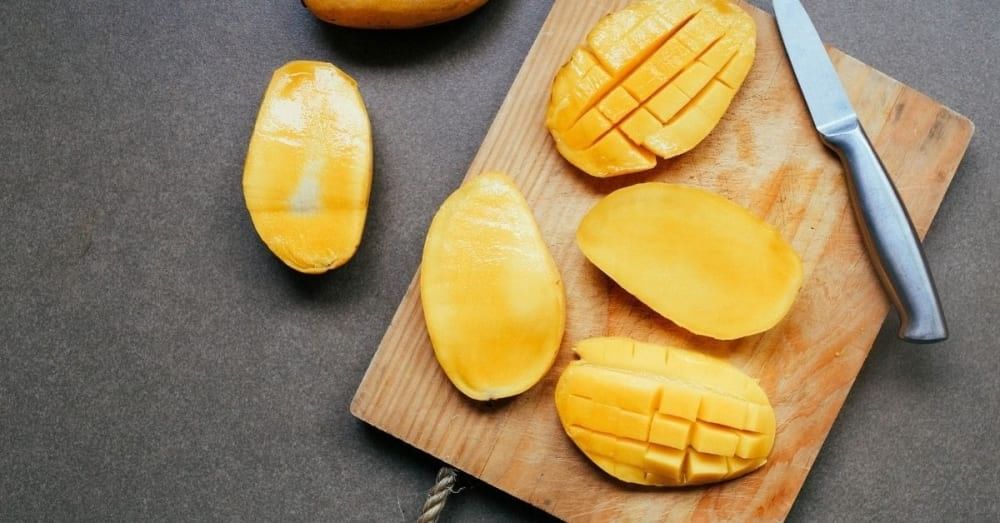What Are Soya Chunks?
Soya chunks are made from soy flour from which soybean oil is pre-removed. It is produced after the soyabean oil has been fully extracted from the legume. In its dry form, soya chunks are rough in texture. They turn soft and spongy when soaked in warm water or immersed in gravy.
Due to the high soya chunks nutrition content, they are also known as vegetarian meat. Soya chunks are often used as an alternative to non-vegetarian items and cooked in a similar style to imitate meat dishes. Soya chunk calories are found to be relatively high.
Soya Chunks Nutrition
Soya chunks are full of varied nutrients. In addition to dietary fiber and protein, soya chunks are also rich in calcium and high in iron. Soya chunks protein content is also significantly high. They contain no extra sugars or sodium. A 100 gram serving of soya chunks has the following nutrients.
- Calories - 346.7 grams
- Carbohydrates - 33.3 grams
- Dietary fiber - 13.3 grams
- Protein - 53.3 grams
How Many Calories Are There in One Cup of Soya Chunks?
A single cup of soaked soya chunks has about 156 calories. Soya chunk calories can be broken down into carbohydrates, proteins, and fats. Carbohydrates make up 31 calories, proteins account for 62 calories, and fats comprise 63 calories.
A standard adult, without any significant health concerns, is recommended to take a daily diet of about 2000 calories. A single cup of soya chunks supplies 8 percent of the total calorie count for an adult.
How to Burn 156 Calories That Come from One Cup of Soya Chunks?
Burning calories can be quite a task. A single cup serving of soya chunks offers 156 calories in soya chunk nutrition. The following exercises must be performed to burn the 156 calories supplied by soya chunks.
- Walking at 6 kmph for nearly 2.5 hours
- Running at 11 kmph for nearly 16 minutes.
- Cycling at 30 kmph for nearly 21 minutes
- Swimming at 2 kmph for nearly 27 minutes
Are Soya Chunks Good for Health? - Pointers to Note
Soya chunks contain many nutrients that may or may not be good for health. Here are a few pointers to help you decide if soya chunks are the right kind of food to add to your diet. Weight watchers and diabetic persons should take note.
Here are a few pointers to help maintain a healthy body.
1. Eat Healthily
Always opt for home-cooked meals. Incorporate whole grains such as quinoa, buckwheat, and barley in your diet. Try and substitute white flour or maida with rice, wheat, bajra, or jowar flour. Use healthy fats such as ghee, coconut, and coconut oil to improve sleep quality.
2. Do Not Consume Fried, Packaged Food
Packaged deep-fried foods are often the root cause of obesity and heart diseases. Always opt for steamed or non-fried snacks. Make sure you eat small, frequent meals throughout the day. This helps in keeping blood sugar levels intact.
Cheat meals or junk food items such as pav bhaji, batata vadas, pakoras, and gulab jamuns can be eaten but in limited amounts. This type of food increases blood sugar levels and fat intake and subsequently slows down the fat-burning process. In the long run, they cause fatigue and increased craving for food.
3. Have More Veggies
Make a habit of having 4 to 5 servings of vegetables in your meals daily. Also, add 2 to 3 servings of fruits regularly. It is a good idea to have fruits in between meals. Many recipes can be sourced to create a balanced diet schedule.
4. Limit Your Salt and Sugar Intake
Cut down your salt and sugars intake. Note that potatoes and other starchy foods contain hidden sugars. This can be a big step towards a healthy lifestyle. You can add little amounts of honey initially as a substitute for cutting down on unhealthy sugars from your diet. Remember, sugar is a slow poison. It has zero nutrient value and is pure carbohydrate.
As soon as you ingest sugar, it causes a sugar inflammation in the body that spikes the blood sugar level and stops the fat-burning process. This chemical reaction lasts for several hours in the body.
One of the main risk factors for diabetes is eating refined products and excess sugar for a long time. Diabetes is often responsible for strokes, high blood pressure, kidney issues, and impotence.
Further, an excessive intake of sodium, or common salt, also causes high blood pressure. This can be counteracted by consuming potassium-rich foods such as bajra and jowar, which reduce the impact of excess sodium by flushing it out through urine.
5. Make a Habit of Eating Healthy Seeds
Eating a small number of healthy seeds is essential for building a good defense system in the body. Chia seeds, flax seeds, sesame seeds, walnuts, almonds, and nuts can be consumed regularly. These seeds help relieve chronic stress and enhance the body's immune system.
6. Eat Sprouts Regularly
Sprouts are rightly called living foods and are known for their dynamic nutrient content. Eating a healthy serving of sprouts can be a step to better health.
7. Exercise Regularly
Daily exercise of 45 minutes can help keep diseases away. It is also known to strengthen the body and build the immune system.
8. Get a Good Night's Sleep
Remember to sleep early to wake early. Good, sound sleep helps you recover from fatigue and refreshes the body for the new day.
Are Soya Chunks Good for Weight Loss, Diabetes, and the Heart?
Soya chunks are a vegetarian substitute for meat and can be cooked using non-vegetarian recipes. For those looking for a high protein and low-fat diet, soya chunks make the perfect meal but with a high-calorie count. Weight watchers need to count calories before consumption. So, if you are following a low-calorie diet, add soya chunks in small proportions in your diet.
Though research suggests that soya can help in cholesterol-related problems, it may not be true for processed soya chunks. This is because nutrients such as potassium, zinc, and isoflavones are lost during processing.
As per a study, soya contains phytates. These compounds make the absorption of minerals a difficult task. Since soya chunks are high in protein, diabetic persons could experience kidney issues due to high protein content accumulation in the body. Adding small amounts of soya chunks to regular meals may be a viable option.
Summing up on Soya Chunks Calories
Soya chunks have a high fiber, vitamin B1, and phosphorous content. A suitable proportion of soya chunks must be maintained to reap its benefits. Due to the extremities of its nutrient contents, especially soya chunks protein, should be consumed wisely.
Also, medical conditions such as diabetes and blood pressure need to be kept in check before deciding upon the correct serving of soya chunks in your diet. A healthy lifestyle requires a balanced amount of all nutrients, and a complete meal is constituted of all nutrients in the right amounts.
References
- Mark Messina, November 2016; Soy and Health Update: Evaluation of the Clinical and Epidemiologic Literature - https://www.ncbi.nlm.nih.gov/labs/pmc/articles/PMC5188409/
- Gianluca Rizzo, January 2018; Soy, Soy Foods and Their Role in Vegetarian Diets - https://www.ncbi.nlm.nih.gov/labs/pmc/articles/PMC5793271/

